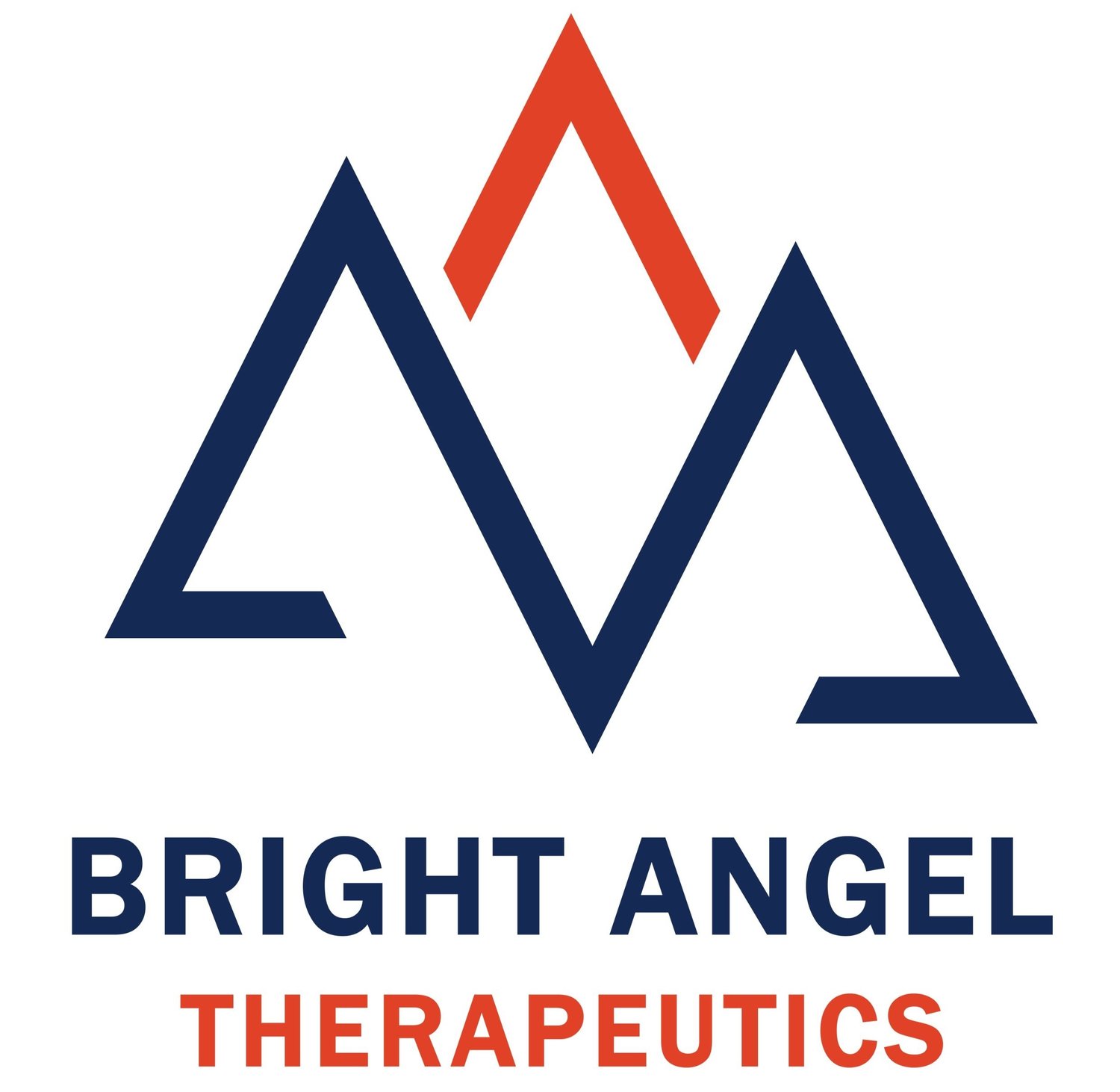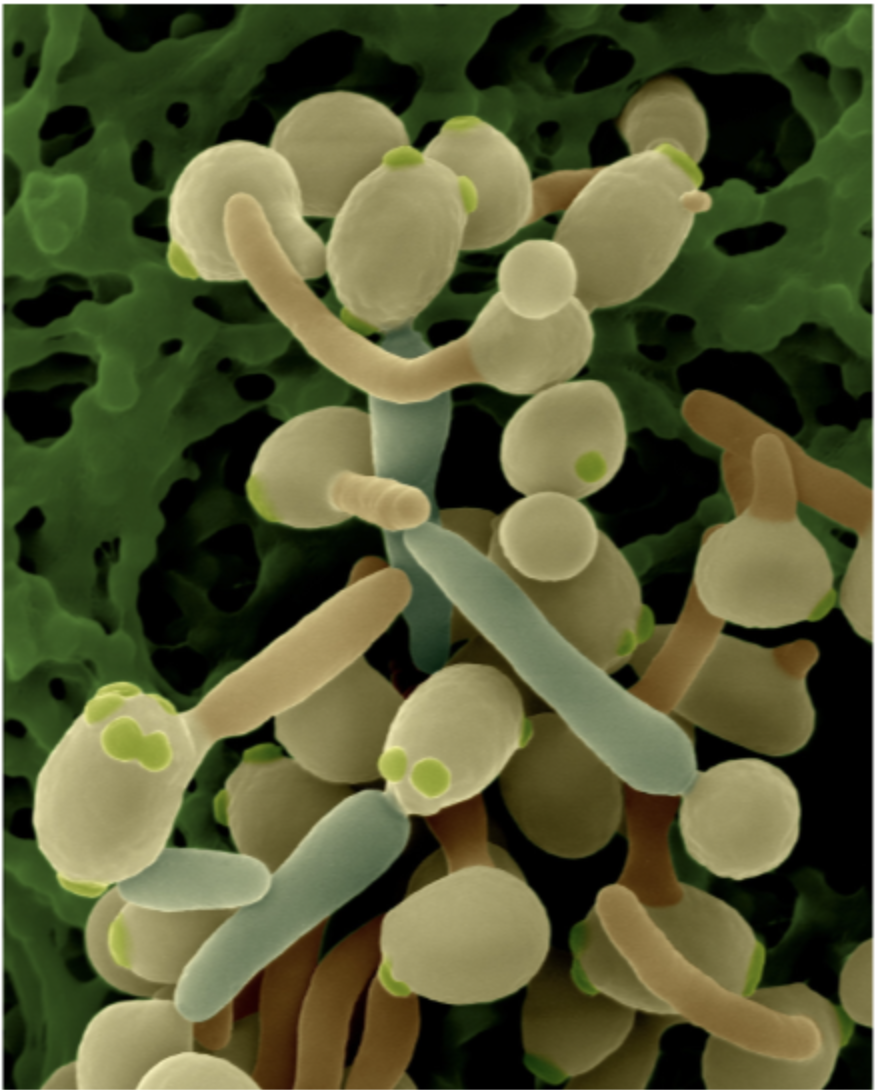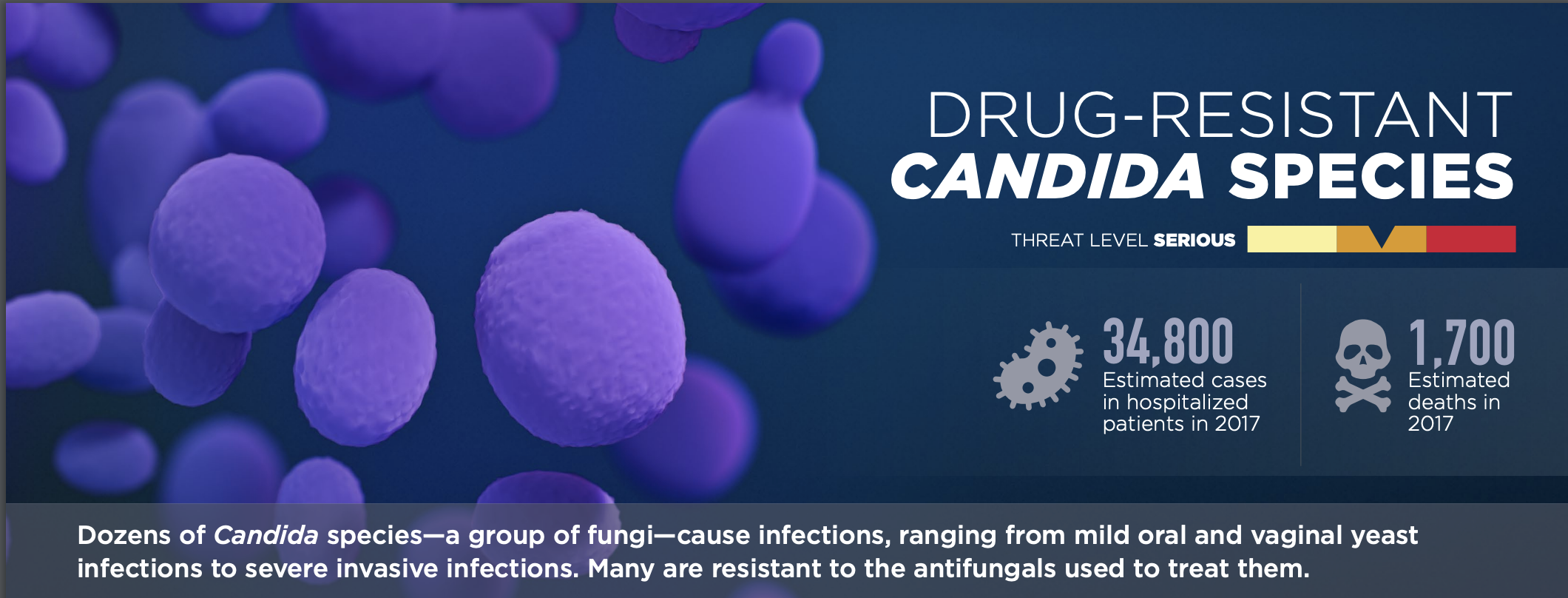Company Overview
Bright Angel Therapeutics (BAT) is a pre-clinical stage biotechnology company focused on the development of novel therapeutics for the treatment of drug-resistant and life-threatening fungal infections. The company is powered by Schrödinger’s computational drug discovery platform in addition to proprietary technologies which the company has developed to enable design and development of fungal-selective inhibitors. BAT is currently working on two programs targeting invasive fungal infections (see pipeline). The company is headquartered in Toronto, Ontario, Canada.
Candida albicans
DENNIS KUNKEL MICROSCOPY / SCIENCE PHOTO LIBRARY
Cryptococcus neoformans
DENNIS KUNKEL MICROSCOPY / SCIENCE PHOTO LIBRARY
Aspergillus fumigatus
DENNIS KUNKEL MICROSCOPY / SCIENCE PHOTO LIBRARY
Fungal Infections
Fungi infect billions and kill 1.5M people per year, as many as tuberculosis or malaria. These numbers are projected to increase given the growing population with compromised immune function. The striking feature of invasive fungal infections is their mortality rate which often exceeds 50%. The vast majority of deaths (~90%) are caused by species of the genera Candida, Cryptococcus and Aspergillus. Only three classes of antifungal drugs are currently approved for the treatment of systemic infections and resistance in the clinic has emerged against all three highlighting the urgent need for new treatment options.
“The recent rate of emergence of pathogenic fungi that are resistant to the limited number of commonly used antifungal agents is unprecedented.”
Antifungal Drug Resistance
Antifungal drug resistance is included under the broader umbrella of Antimicrobial Resistance (AMR) which the World Health Organization (WHO) has declared as one of the top 10 global public health threats facing humanity. AMR occurs when bacteria, viruses, fungi and parasites change over time and no longer respond to medicines making infections harder to treat and increasing the risk of disease spread, severe illness and death.
The incidence of drug-resistant fungal infections is increasing and exasperating the already challenging treatment situation for many patients. This situation has led the Centers for Disease Control and Prevention (CDC) to include drug-resistant Candida species (serious threat) especially C. auris (urgent threat) in their 2019 Antibiotic Resistance Threats Report highlighting the urgent need for the development of new, more effective antifungal drugs.
https://www.cdc.gov/drugresistance/pdf/threats-report/candida-508.pdf
BAT is directly targeting antifungal resistance by developing small molecule inhibitors of critical targets involved in fungal stress responses because these responses are required for the maintenance and emergence of antifungal drug resistance. This strategy will provide broad spectrum therapies with activity against both drug-sensitive fungal isolates and those with established resistance to conventional antifungals. Most importantly, it also offers the opportunity to prevent the emergence of drug-resistance during therapy, a disturbingly frequent cause of treatment failure in critically ill patients.





